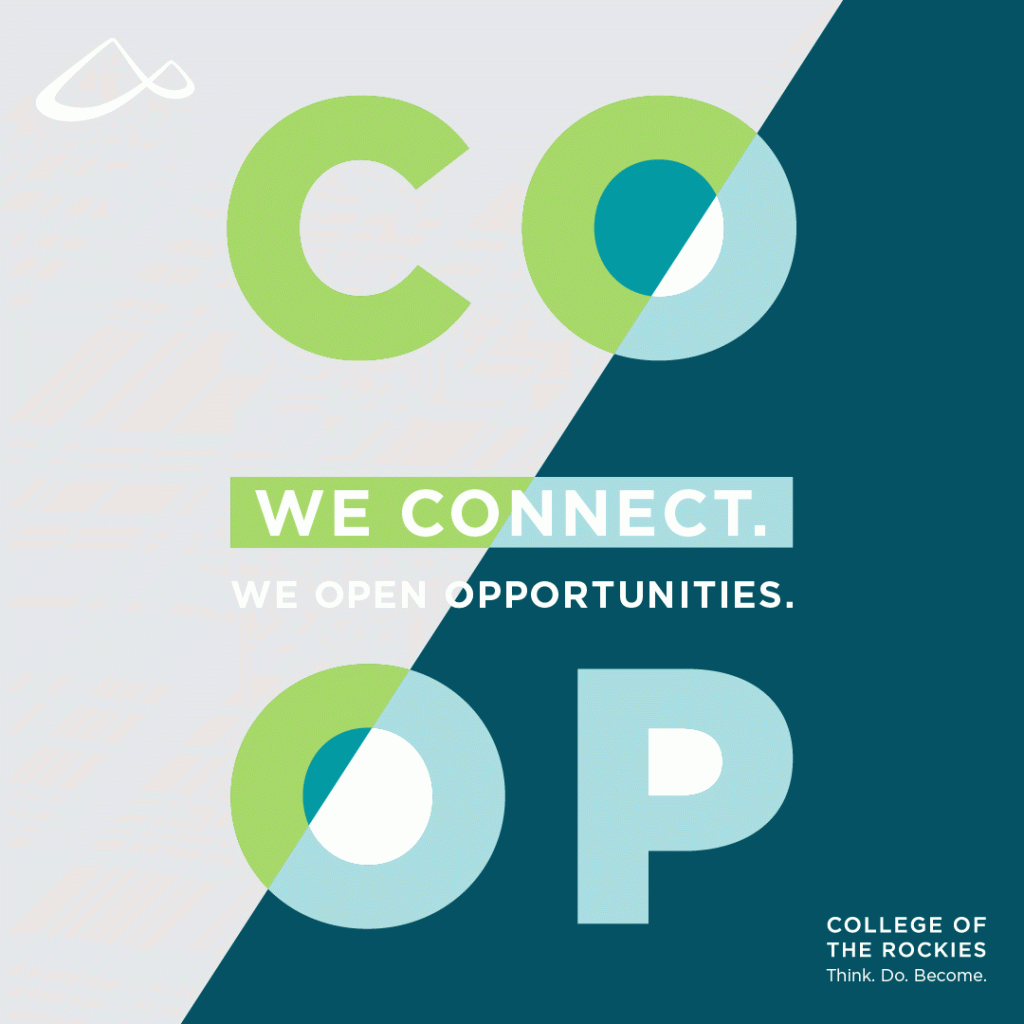Associate of Arts – Social Work
Social workers have a vital role in our society. They help individuals, couples, families, groups, communities and organizations develop the skills and resources they need to effectively function in our society. If you are empathetic, understanding, able to work in difficult situations, and have a desire to help others, you can have a fulfilling career in social work.
Engage in one of our three Associate of Arts Degrees
- Associate of Arts – Social Work (continue below for program information)
- Associate of Arts
- Associate of Arts – Psychology
Program Information
Tuition and Fees for Domestic Students
Tuition and Fees for International Students
Career Info and Pathways
Associate of Arts – Social Work – Transfer Information
